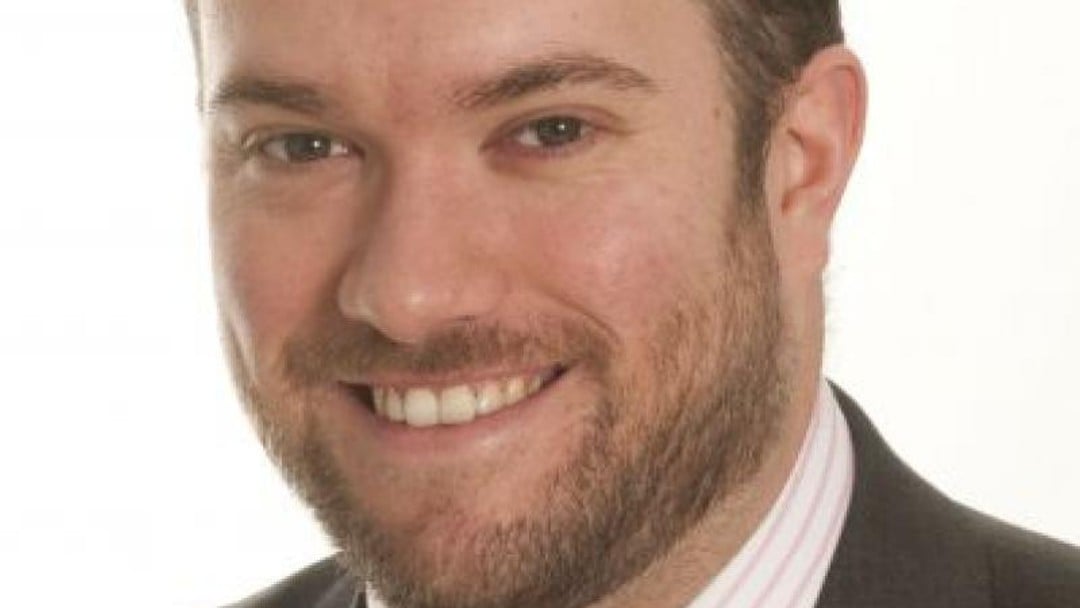'A gilded cage is still a cage'

Will the Deprivation of Liberty Safeguards be rewritten following the Supreme Court's unanimous overruling in two high-profile cases, asks Matthew Evans
The Supreme Court’s long-awaited judgment in relation to P v Cheshire West and Chester Council (and Ors), and P and Q v Surrey County Council has gone some way to clarifying deprivation of liberty in the context of social care. It has wide-ranging practical and legal implications for the future of the Mental Capacity Act 2005 (MCA) and the interrelation and application of article 5 of the European Convention on Human Rights (ECHR).
P (in Cheshire West) had significant physical and learning disabilities and lacked capacity to make decisions about his care and residence. He was moved to a care home when his mother could no longer look after him.
Sisters P and Q (referred to as MIG and MEG), who suffered from substantial and permanent learning disabilities, were removed from the family home following various allegations of abuse. Both were placed in different environments designed to care for them but would have been prevented from leaving, had they tried.
The court questioned whether the appellants’ living arrangements amounted to a deprivation of their liberty for the purposes of the MCA. If so, they were entitled to the benefit of the Deprivation of Liberty Safeguards (DoLS). It unanimously overruled the Court of Appeal in both P’s and MIG and MEG’s case, by a majority of 4:3.
In giving the lead judgment, Lady Hale said: “It is axiomatic that people with disabilities, both mental and physical, have the same human rights as the rest of the human race.”
The judge identified from analysing ECHR case law that the twin ingredients of a deprivation of liberty are that the person is under continuous supervision and control, and not free to leave.
The Supreme Court declined to lay out prescriptive criteria for determining whether the two limbs of the test are made out. It chose, instead, to focus on those issues that are not relevant to the assessment, namely:
1. Compliance or lack of objection to their living arrangements.
2. The “relative normality” of the placement.
3. The reason or purpose behind the placement.
In relation to the first issue, Lord Neuberger persuasively noted that if objection was relevant to the assessment of whether someone was deprived of their liberty, it would mean that, “however confining the circumstances, they could not amount to a deprivation of liberty if the person concerned lacked the capacity to object. That cannot possibly be right.”
Lady Hale made it clear that the “relative normality” concept at point two infringes the universality of human rights. She wryly observed: “The fact that my living arrangements are comfortable, and indeed make my life as enjoyable as it could possibly be, should make no difference. A gilded cage is still a cage.”
Arguably, this judgment marks a fundamental shift, and there are probably thousands of people who were not considered to be deprived of their liberty and now fall within that category. Local authorities and health bodies will have to reconsider their caseload.
A few weeks prior to the judgment being handed down, the House of Lords select committee published its report on the Mental Capacity Act 2005. One recommendation was that the DoLS regime should be scrapped and rewritten.
The government has yet to respond, but Lady Hale has clearly given parliament a judicial nudge towards reform. Watch this space.
Matthew Evans is a partner at Hugh James

